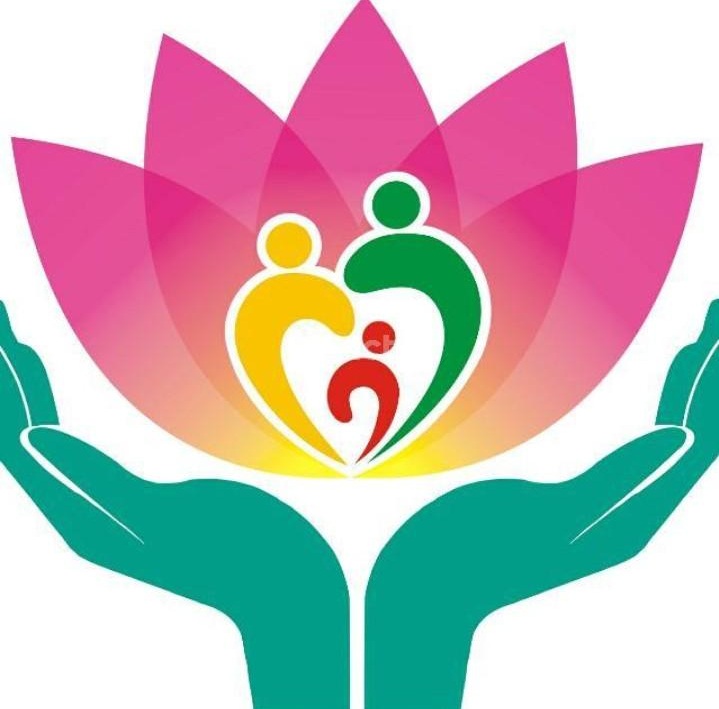Early Miscarriage Specialist

1. Types of Specialists
- Obstetrician / Gynecologist (OB-GYN)
First point of care. Manages miscarriage diagnosis, medical or surgical treatment, and initial evaluation. - Reproductive Endocrinologist (Fertility Specialist)
Helps if you’ve had two or more miscarriages (recurrent pregnancy loss). They look at egg/sperm health, hormones, and IVF options if needed. - Maternal–Fetal Medicine Specialist (MFM)
High-risk pregnancy expert. Especially important if you have conditions like diabetes, thyroid disease, high blood pressure, or autoimmune disorders. - Genetic Counselor
Provides testing and counseling if miscarriages may be linked to chromosomal or inherited issues.
2. What They Investigate
- Genetic factors: Chromosomal abnormalities in embryo or parents.
- Hormonal issues: Thyroid disease, PCOS, progesterone deficiency.
- Uterine abnormalities: Fibroids, uterine septum, scar tissue.
- Immune or blood clotting disorders: Antiphospholipid syndrome, thrombophilia.
- Lifestyle factors: Smoking, alcohol, obesity, or uncontrolled medical conditions.
3. Possible Treatments
- Hormonal support (e.g., progesterone, thyroid medication).
- Blood thinners (aspirin, heparin) if clotting issues are found.
- Surgical correction of uterine abnormalities (fibroid removal, septum resection).
- Lifestyle optimization: Nutrition, stress reduction, weight management, and avoiding toxins.
- Close monitoring: Early ultrasounds and blood work in future pregnancies for reassurance and intervention.
4. When to See a Specialist
- After two or more miscarriages in a row.
- If you are over 35 and experiencing difficulty sustaining pregnancy.
- If you have a known medical condition that increases risk (thyroid disease, diabetes, lupus, clotting disorders).
0 Comments

